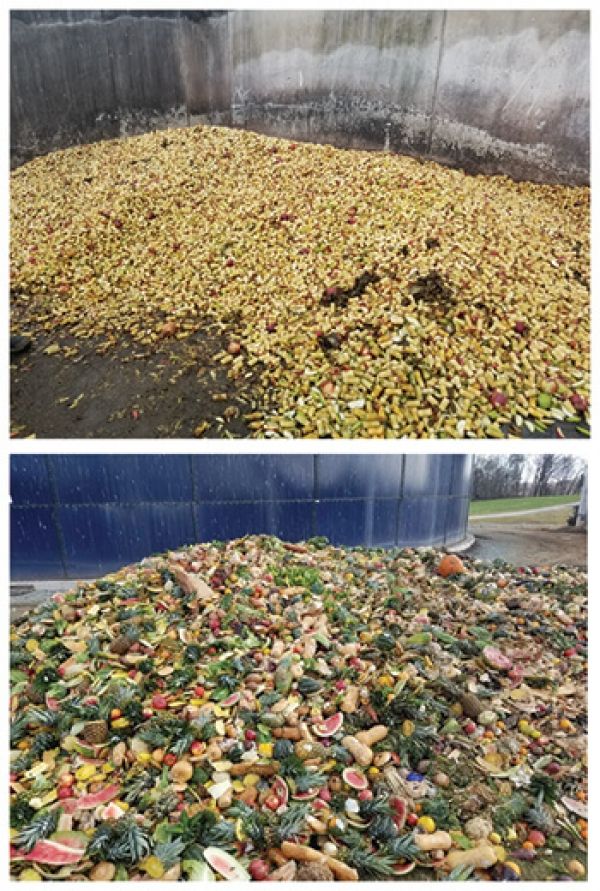In today’s climate change narrative, animal-based agriculture often endures criticism for its alleged contributions to the global problem. With some naysayers ranking the industry second only to the population explosion as a root contributor to global warming and other weather-related devastation, the concern for how food is – and can be – produced has become even more pressing.
In reality, farmers across all facets of animal agriculture - beef, dairy, poultry, and pork – have long-since embraced evolving techniques to produce meat, milk, and eggs as efficiently and sustainably as possible, minimizing agriculture’s climate-contributing footprint in the process.
Even still, agriculture critics routinely point fingers at the industry and the animals that it is comprised of, even going as far as calling out cows for the implications of their bovine burps.
But researchers at the University of Pennsylvania’s School of Veterinary Medicine (Penn Vet) are finding that these cow ‘culprits’ – and other livestock found in animal agriculture – are actually critical partners in developing sustainable, regenerative agro-food systems.
“Animals are natural bio-processors,” says Zhengxia Dou, PhD, Professor of Agricultural Systems at Penn Vet, noting that livestock’s unique and ‘indispensable’ natural biological processes enable them to consume plant and food residues that are either indigestible by humans, unpalatable to people, or are no longer sellable for any of a number of reasons. Dou refers to these residues as IUUB (indigestible, unpalatable, or unsellable biomass); for example, the surge of processing byproducts generated by the increased popularity of plant-based foods in consumers’ diets.
Continue reading at University of Pennsylvania
Image via University of Pennsylvania


